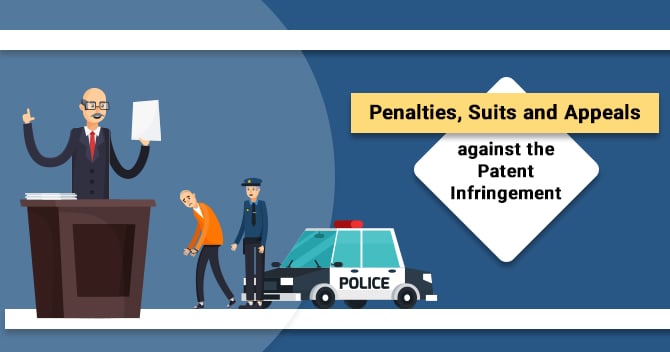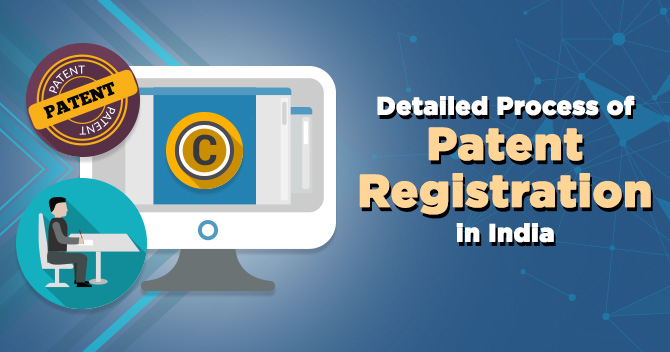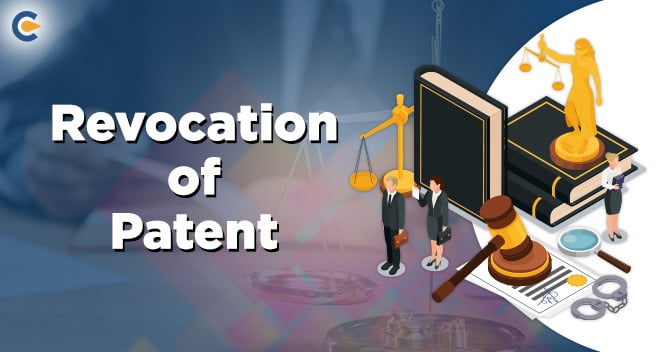The patent is a legally certified document provides by the government to the person who has made any new invention or modified any old inventions. Patents are awarding of exclusive rights which encourages the inventor for his inventions. However, without the authorization of an inventor if anyone uses his patentable rights, then it will patent infringement. The key focus of the blog is to discuss the penalties regarding patent infringement, where to file suits and what are the remedies regarding the same.
Penalties regarding Patent infringement
The Patents Act 1970 provides Chapter XX regarding the penalties for patent infringement. The various parameters laid down for an act which will amount to penalties for the patent infringement, which are as below:
- Section 118– of the Patents Act, a person is liable for the imprisonment which may extend to two years or fine or both in the following cases:
- if any person fails to maintain the secrecy regarding the inventions relevant for the defence purposes under section 35, or,
- if any person fails to maintain the secrecy regarding the inventions relevant for the defence purposes under section 35, or,
- if any resident make an application for grants of a patent outside India without prior permission, in contravention to section 39
- Section 120– if any person falsely represents that any article sold by him is patented in India or is subject to an application for patent in India then he shall be liable for a fine which may extend to Rs 1 Lakhs.
- Section 121– if any person falsely uses the word ‘patent office’ for his place of business or in any document issued by himself which mislead the belief of others then he shall be liable for imprisonment which is extended to six months or fine or both.
- Section 122-if the person fails or refuses or falsely furnishes the following:
- Any false information is given to the Central government under section 100 sub-section (5)
- Any false information is given to Controller under section 146
He shall be liable for the fine which may extend to Rs 10 Lakhs.
- Section 123 if any person who has restrictions on practice as patent agents under section 129 contravenes the provision then shall be liable for the fine which may extend for Rs 1 Lakhs for the first time and Rs 5 Lakhs in case offence is repeated for the second time.
- Section 124 if the company has committed any offence under this Act, then the person in charge of the conduct of the business of the company will be liable under this provision.
Read our article:General Powers of Controller of Patent in India
Suits for the Patent infringement
Chapter XVIII of the Patents Act 1970 is regarding the suits concerning for patent infringement. The following are the provisions which guide the owner of the patent to file suits for patent infringement:
- Section 104(A) – When there is suit lies for the patent infringement, and the subject matter is related to the patent for the product, then the court may direct the opposite party or defendant to prove that product is identical and has used different patented process.
- Section 105 – The person can file the suit against the patentee or holder of exclusive license for a declaration, in which, he can declare that no patent infringement is constituted against the patentee by doing the following:
- Using of any process for the article, or,
- Making of any process for the article, or,
- Sale of any article
The court on being satisfied with the reasonable grounds can make a declaration of non-infringement of the patent.
- Section 106 – When such a person who is the holder of the patent, threatens to another person, for the groundless patent infringement proceedings, then the aggrieved person may bring the suit against him. The aggrieved person can seek for the following reliefs from the court:
- He can ask for the declaration that threats are unjustifiable
- An injunction against the threats
- Damages
- Section 109 – The exclusive licensee can take the proceedings against the patent infringement and can ask for the following reliefs from the court:
- Damages
- Accounts of profits for patent infringement
- Other such relief that the court shall take into consideration if any loss suffered or profits earned from patent infringement
Reliefs in suits for patent infringement
Under section 108, the court may grant the relief in any suit for the patent infringement includes the injunction, damages and accounts of profits. The court can also order the goods found to be infringing or predominant use of which is in the creation of infringing goods shall be seized, destroyed or forfeited and can grant compensation.
Appeals made in case of patent infringement
The Chapter XIX under the Patents Act 1970, deals with the appeals to the Appellate Board.
Section 116– The Appellate Board established under section 83 of the Trade Marks Act, 1999[1] for the purposes of this Act, and Appellate Board shall exercise the jurisdiction, authority and power conferred on it by or under this Act.
Section 117(A)- Appeals to the Appellate Board for patent infringement
- The appeal shall not lie from any order, direction or decision issued or made under Patents Act by the Central Government, or order of the Controller for the purpose of giving effect to any such order, direction or decision.
- The appeal is allowed for the orders and the decision of the Central government and Controller under the section 15 to section 20, section 25(4), section 28, 51, 54, 57, 60, 61, 63, 66, 69(3), 78, 84, 85, 88, 91, 92 and 94 of the Patents Act 1970.
- The appeal shall be in a prescribed form and verified which is accompanied by the copy of order, direction or decision appealed. The fees to be furnished as prescribed.
- The appeal shall be made within the three months from the date of decision, direction or order by the Central Government or by the Controller. After the prescribed time, the Appellate Board may allow the appeal for patent infringement in accordance with the rules.
Takeaway
The owner of the patent has exclusive rights which cannot be used or infringed by any other person. Until and unless the owner does not assign any right to another person no one can use his patent right as it will amount to patent infringement. The Corpbiz helps in the patent registration and also provides legal assistance regarding the cases related to patent infringement.
Read our article:Specification of Patent in India: A Complete Outlook











